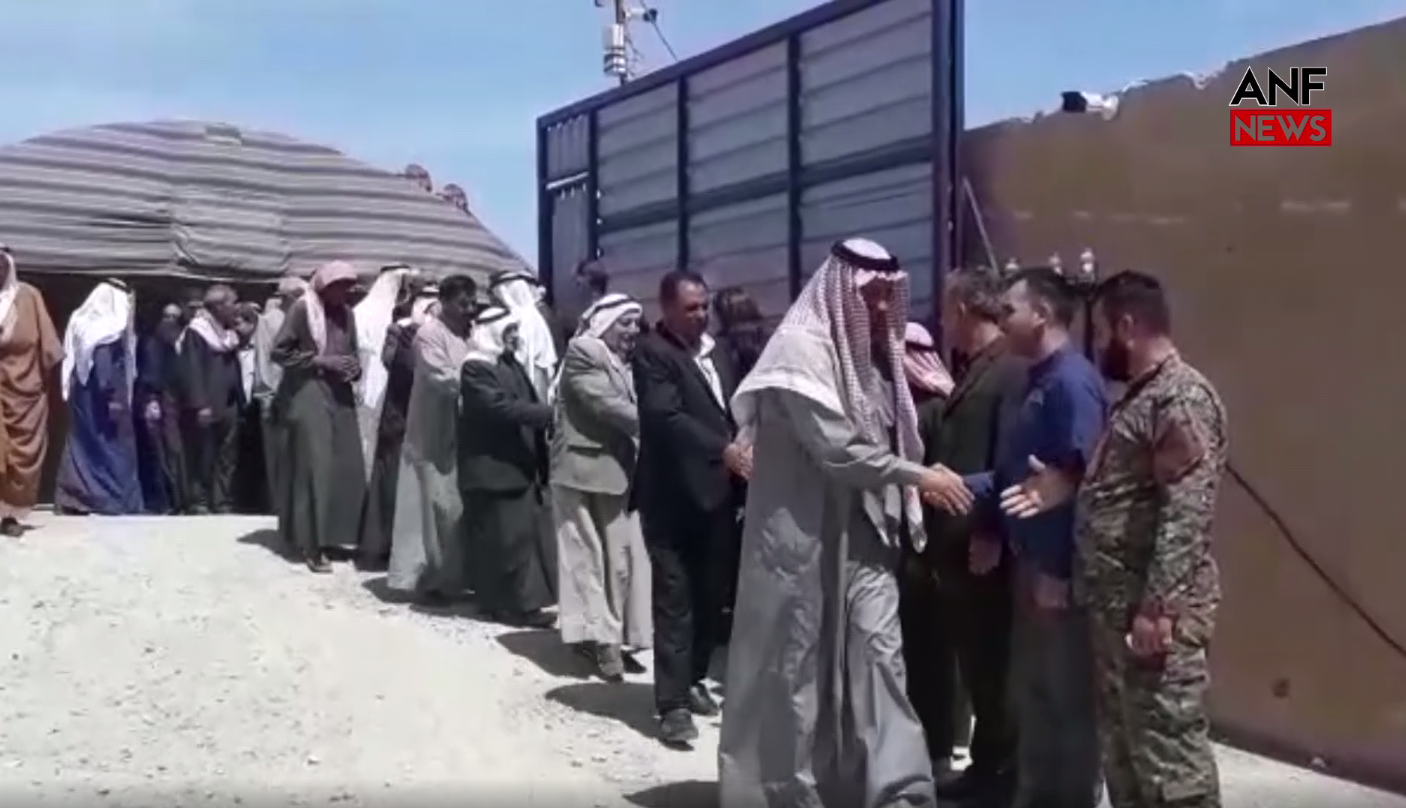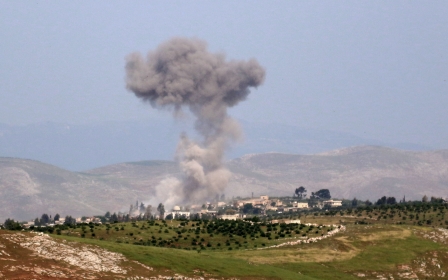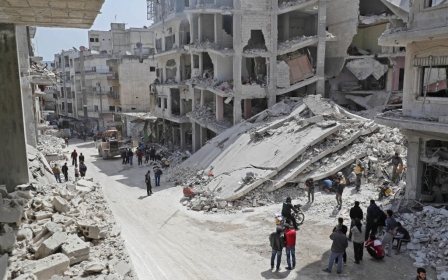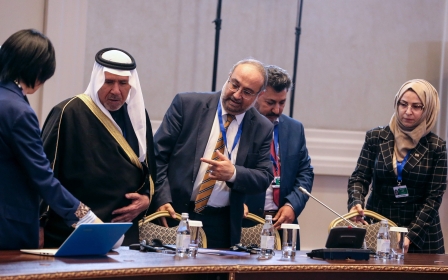Syrian government accuses Arab-Kurdish alliance of 'treason'
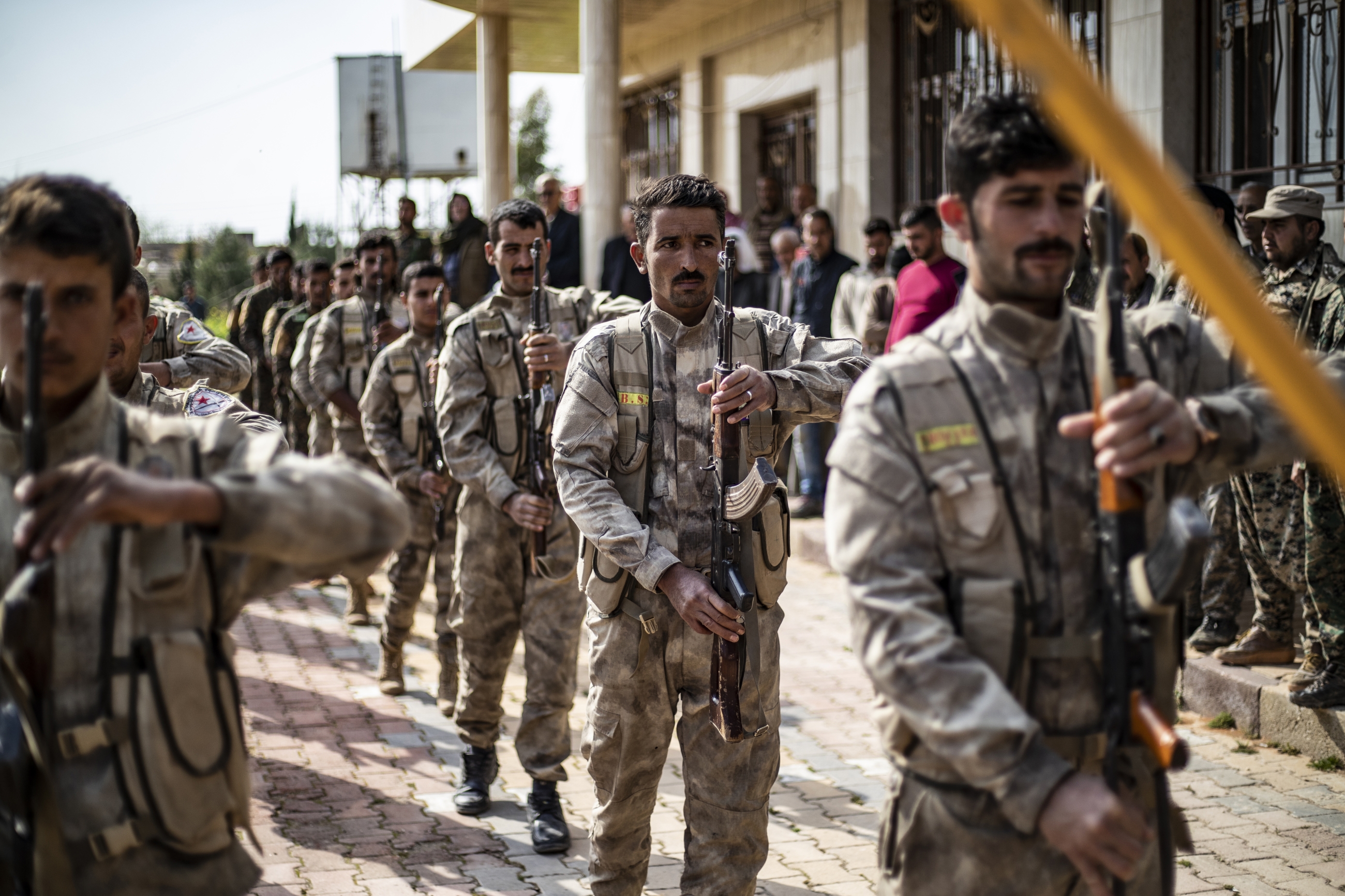
The Syrian government has accused a Kurdish-Arab coalition of "treason" after they held a conference to set out the political future of areas under their control in northern Syria.
The Kurdish leaders of the Syrian Democratic Council (SDC) organised a conference with allied Arab tribes, titled "The Future of Northern and Eastern Syria and the Fight against Terror," in the northern town of Ain Issa on Friday.
In his address to the conference, the leader of the armed wing Syrian Democratic Forces (SDF), Mazloum Kobani, said that Damascus would need to recognise the authority of the Kurdish-led administration in northeastern Syria as well as the "special status" of the alliance and its role in defending the region against the Islamic State group.
He said there could be no going back to the situation that existed before the civil war erupted in 2011, when the Kurds were denied any official recognition as a minority that accounts for some 15 percent of the population.
"It is not possible to reach a democratic and pluralistic Syria without full recognition of the rights of Syria's Kurds," he said.
In response, the state SANA news agency quoted a foreign ministry source as accusing the organisers of the conference of "treason".
It claimed that the meeting in the town "held by armed militia dependent on the United States and some European countries" had ended in "failure" as a result of a "boycott by most of the tribes".
"Such gatherings are clear embodiments of the treason of their organisers, whatever their political, ethnic or racial allegiances."
The pro-SDF Firat News Agency reported that 5,000 tribal representatives from all over Syria attended the conference, primarily from the north and east of the country.
The Kurds and their Arab allies control a vast area of the north and northeast that makes up around a third of Syrian territory, much of which they captured in the long and costly campaign against the Islamic State group.
The SDF has been cornered into seeking an accommodation with Damascus by two-pronged pressure from the looming US troop withdrawal and a longstanding threat by Turkey to send troops across the border to end the experiment in self-rule by Kurdish forces it regards as "terrorists".
Middle East Eye propose une couverture et une analyse indépendantes et incomparables du Moyen-Orient, de l’Afrique du Nord et d’autres régions du monde. Pour en savoir plus sur la reprise de ce contenu et les frais qui s’appliquent, veuillez remplir ce formulaire [en anglais]. Pour en savoir plus sur MEE, cliquez ici [en anglais].


